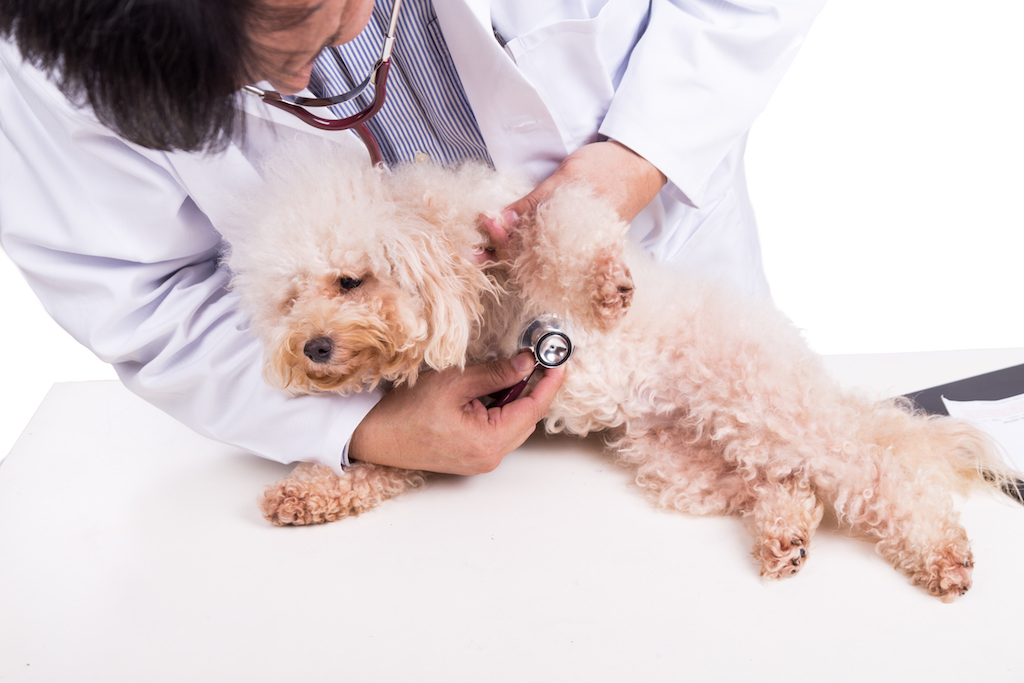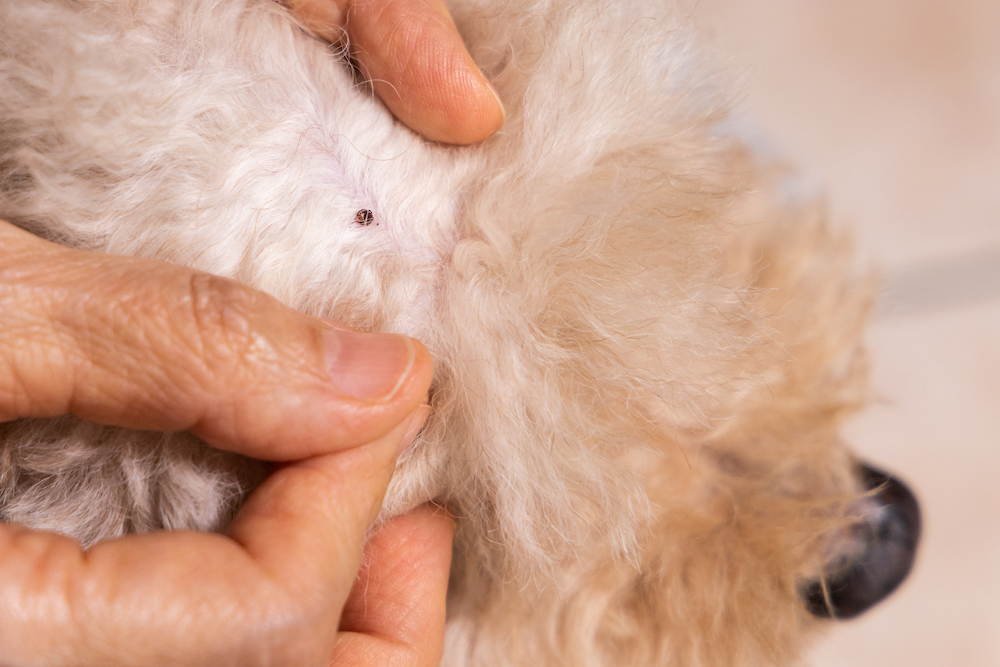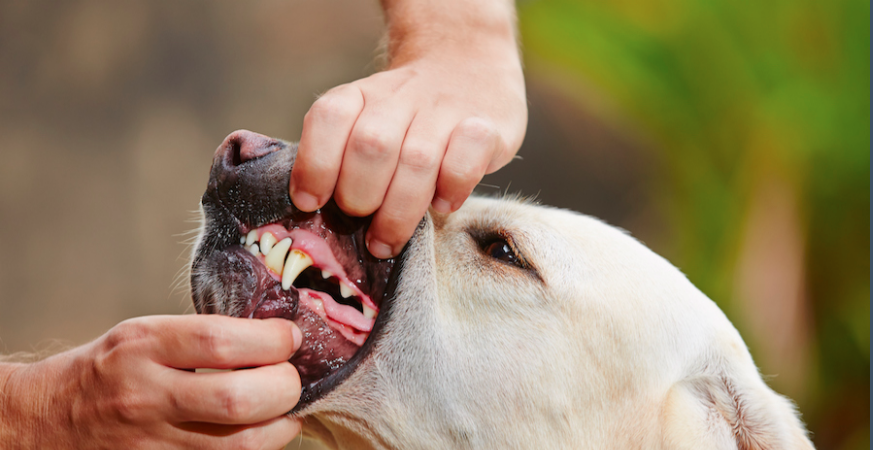Dog Flu
Dr. Hillary Segl

It’s flu season for people, but what about dogs? You may have heard about “dog flu”, or canine influenza. This is a novel virus that infected dogs in the United States starting in 2004; it is thought to have “jumped” from horses to dogs.
The signs of most dog flu cases are lethargy, fever, low appetite, sneezing, and coughing. This disease looks just the same as the more common kennel cough (technically, bordetella) and it takes specialized testing to tell the two apart. The virus can be transmitted from dog to dog, but does not go from dogs to people. It has a couple of variants we know of: H3N2 and H3N8. There may be more kinds out there, as yet undiscovered. Influenza viruses are quite labile: this means they mutate pretty readily.
The vast majority of dogs that get the flu are fine. They should be seen by your vet to ensure there is no pneumonia present, and may be treated with a variety of drugs depending on the signs. Dogs with any kind of cough should be kept away from other dogs, so they don’t transmit the disease. This means no groomer, pet stores, dog parks, kennels or doggy day care for a couple of weeks.
The worst case scenario with dog flu is hemorrhagic pneumonia. This is when the lung tissue bleeds, and the dogs will cough up blood. It can be fatal if this occurs, but it is very very rare.
There is a flu vaccine available for dogs, just like for people. It is not recommended for all dogs, but some local kennels and daycare providers require it for admission, so we are now carrying the bivalent vaccine (that means it has both strains of flu in the vaccine). If your dog has never had the shot, the first round is one vaccine followed 2-3 weeks later by a booster shot, then once a year after as needed.
Does my dog need this vaccine??? Probably not. Cornell University’s college of veterinary medicine has been tracking dog flu for many years, and the incidence is extremely low in this region. There haven’t been any major outbreaks in the US since 2015. (For more info, go to: https://www.vet.cornell.edu/animal-health-diagnostic-center/veterinary-support/disease-information/canine-influenza-h3n2-updates )
Alpha Animal Hospital is carrying the vaccine now solely because many local kennels require it. To get your dog vaccinated, just call and we’ll set up an appointment and talk with you about the pros and cons of this vaccine for your pet.





